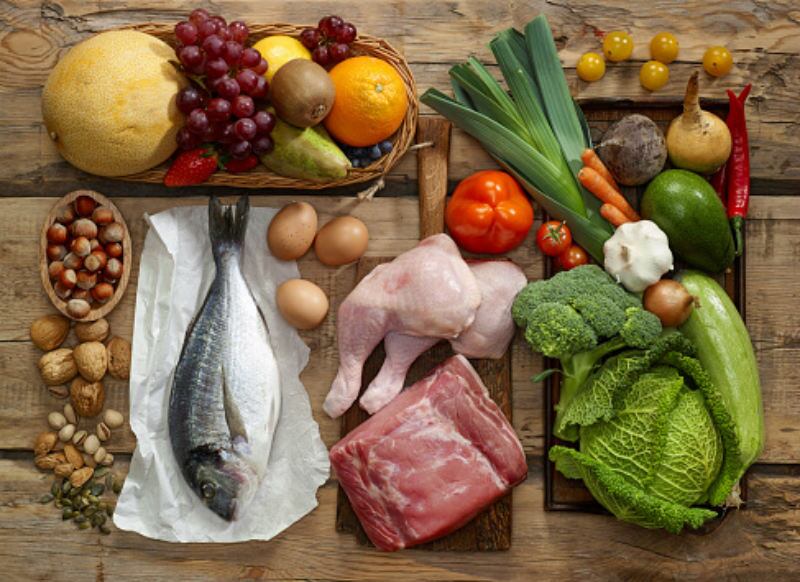FreshToHome is an India-based online store that deals with fresh produce such as meat, fish, seafood, fresh fruits and vegetables, cold pressed oils and more. It is in five major Indian states, and also has presence in all the seven emirates in the United Arab Emirates.
The firm is very focused on its ‘100% Fresh, 0% Chemicals’ commitment, but although food safety and health and wellness remain a big focus in the region, FreshToHome CEO Shahnawaz Kadavil emphasised private labelling as a key trend for online shopping in India.
“E-commerce in India is undergoing a drastic change,” he told FoodNavigator-Asia.
“Companies are prioritising profitability and good unit economics instead of focusing on growth alone [so this means that business] models which involve high gross margins by directly going to the producer, and private labelling is the new trend.
“This leads to better quality to the end consumer and better economics for the company. For example, we have radically revolutionized the fish and meat e-commerce industry by cutting of the middle men and selling a branded quality product that is fully our own. This is an approach we believe will be the trend setter for future e-commerce companies.”
FreshToHome works directly with local farmers and fishermen to obtain the produce for sale, thus eliminating the middlemen out of the food supply chain, an operational model which Kadavil claims to result in ‘quality products at affordable prices’ for consumers.
Because the firm specialises in fresh foods, product freshness is also another top priority, and it goes above and beyond to ensure both this and taste are maintained, especially for seafood.
“We don't freeze our seafood but ensure it's always maintained at 0°C to 4°C in a chilled fashion to avoid bacterial contamination,” he said.
“[This is because] when fish is frozen, especially with slow freezing, the taste isn't quite the same [as fresh fish] due to rupturing of the cell wall leading to loss of the natural flavour - What you’re left with is tasteless fish.
“We [strive to prevent this], and only provide fish that’s straight from the coast in 24 hours in most cases.”
He attributed the success of the firm’s strategy to its focus on premium chemical-free food, which helped to ‘solve consumers’ pain points of getting unadulterated food’, especially as food safety is a major concern in India.
Business developments
Apart from its online platform, FreshToHome also opened several offline retail stores earlier this year, allowing another option for consumers who prefer a traditional shopping experience.
“We do not want to limit the experience of eating meat, fish and seafood that is free of added chemicals and preservatives to those who are comfortable with buying online,” said Kadavil.
“[The idea is] to extend our offering to those who would prefer to buy meat from a [traditional brick-and-mortar] store.”
The firm also secured US$20mn in a recent Series B funding round, which it intends to utilise to expand into more cities in India as well as move further into the UAE.
“We’ll also be using the funds to diversify our product offerings in various other fresh and chemical-free food categories, such as fruits and vegetables, cold pressed oils, organic cow & buffalo milk, dairy products, organic staples and other healthy food products,” said Kadavil.
“These products will eventually be distributed across e-commerce platforms, retail outlets and other channels across multiple geographies.”
As for other countries in the Asia Pacific region, although there are no concrete plans as of yet, he added that these would be a target ‘perhaps in a few years’ down the line.





